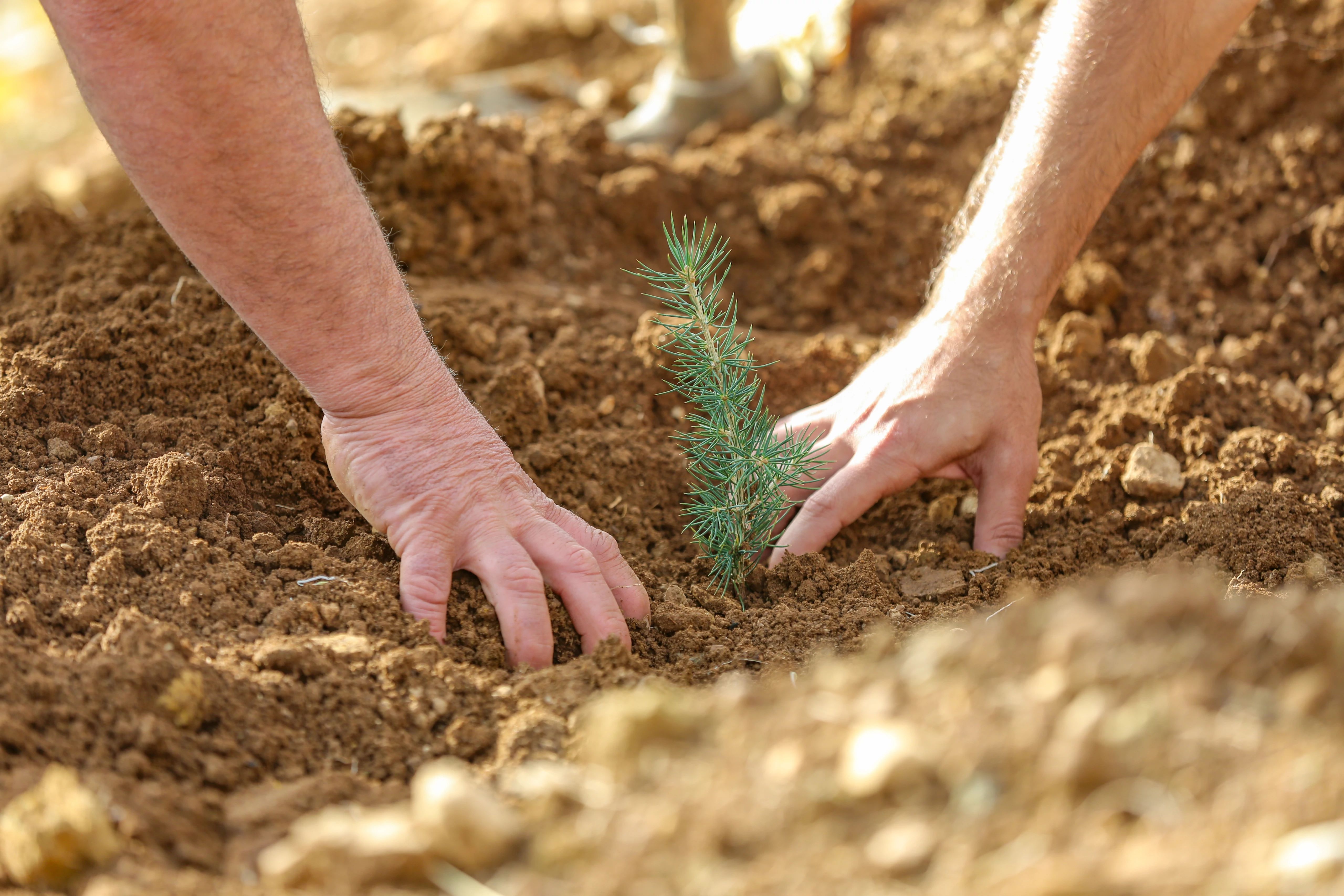Pitting people against planet is not how we thrive
No more trade offs
September 28, 2023

Half of global GDP relies on nature; from food and agriculture, to construction and healthcare, to textiles and tourism.
Too often we hear that protecting nature and tackling the triple planetary crisis are obstacles to igniting growth, creating jobs and improving incomes. This thinking belongs to the past. Countries around the world are showing us that broad-based prosperity can be delivered during the very transition to environmentally sustainable economies. Working on one helps achieve the other.
The Sustainable Development Goals (SDGs) Summit last week marked the mid-point of the 2030 Agenda, at a time when the impacts of our exploitation of the planet are now in plain sight. Much of the northern hemisphere has recently endured the highest land and ocean temperatures ever recorded, and devastating wildfires. Catastrophic floods are daily news from Libya, India, Ethiopia, Greece to Hong Kong and Japan. At the same time, severe water shortages are affecting countries from South Africa to Uruguay, with 1.1 billion people lacking reliable access to water and 2.7 billion people now experiencing water scarcity at least one month a year.
This is “an era of global boiling”, UN Secretary-General Antonio Guterres has said. “Humanity is waging war on nature.’’
The truth is that our natural world is deeply connected with, and integral to, human life. It is the global life support system that underpins our societies and economies. It provides our air, water, food, medicine, materials for production, and inspiration for innovation. How sustainable our relationship is with the natural world is increasingly determining the quality of life on earth.
Half of global GDP relies on nature, from food and agriculture, to construction and healthcare, to textiles and tourism. The World Bank estimates that the global economy could lose US$2.7 trillion by 2030 if ecosystems that support pollination, carbon storage, fisheries, and timber provision collapse. Only a complete overhaul in the way we value nature and account for our dependence on it can lead to a more prosperous future for all on a healthy planet.
The returns on investing in sustainable development pathways are immense. For every dollar spent on nature restoration, at least $9 of economic benefit can be expected. For example, forests generate an annual gross value of about 0.68 percent of global GDP. In Peru, economic growth has been at the direct expense of its natural resources, with 90 percent of the destruction of the country’s Amazonian forests due to palm oil, cocoa and farming of other commodities. But a recent UNDP-supported study found that investing in sustainable palm oil practices can both protect the forest and increase returns on that investment by 28 percent.
So what is holding us back? One of the biggest barriers is a persistent, entrenched belief that there is a trade-off between looking after our environment and making life more affordable for people. But this is a misconception, too often an excuse for inaction and overlooking the sheer scale of subsidies still supporting practices harmful to the environment. A UNDP-UNEP-FAO study in 2021 found that 87 percent of $540 billion of agricultural subsidies is either price distorting or harmful to nature and human health, and last year, fossil fuel subsidies surged to $7 trillion dollars. Inadequately supporting those negatively impacted by a transition from nature-negative to nature-positive changes pits people against planet, squandering opportunity, and risking dangerous backsliding.
Progressive policies, especially those under the European Green Deal show that environment and economic progress have to be mutually supportive. ‘’The European Green Deal was born out of this necessity to protect our planet,’’ said European Commission President Ursula von der Leyen in her recent State of the Union speech. ‘’But it was also designed as an opportunity to preserve our future prosperity.’’
The EU Corporate Sustainability Reporting Directive will soon require large and listed companies to report on environmental, social and governance issues according to harmonized standards covering biodiversity and ecosystems, climate change, water and marine resources, pollution, and resource use and circular economy, making companies fully accountable for reducing and eliminating their impact on the natural world. Market players are already taking action through the Taskforce on Nature-related Financial Disclosures to prepare to become compliant with European Sustainability Reporting and other global standards.
The EU’s Deforestation Regulation will also become applicable by the end of 2024, incentivizing the transition to sustainable supply chains by requiring transparency and traceability along the whole value chain of a number of commodities sourced both from within and outside the EU.
These are bold, far-reaching policies that will help create the nature-positive economy enshrined in the Global Biodiversity Framework agreed by 196 countries at the Biodiversity COP15 last December. This historic framework, which supports the achievement of the SDGs, sets out an ambitious pathway, including commitments to protect 30 percent of the planet by 2030, increased financing for nature restoration and protection, and removing subsidies that harm the environment.
Many financial institutions and private sector entities are already stepping up. The Sustainable Insurance Forum has worked on a scoping study on nature-related financial risks for the global insurance sector. Over 200 financial institutions and corporates, including the Dutch Central Bank, are already piloting the TNFD Framework. The ‘Make it Mandatory’ campaign and the science-based targets network are other examples of private sector efforts to achieve a global economy that operates within environmental boundaries in a socially just manner.
Heading into the SDG Summit, world leaders had a stark choice – take bold steps to reduce the immense pressure that is being exerted on the environment and the natural world, or humanity’s progress will stall.
The growth we get is today fossil fuel driven and financed by debt but the development we want, based on reinforcing benefits to people and planet, is possible and will emerge from bold choices and courageous leadership.
This article was originally published here.

 Locations
Locations
